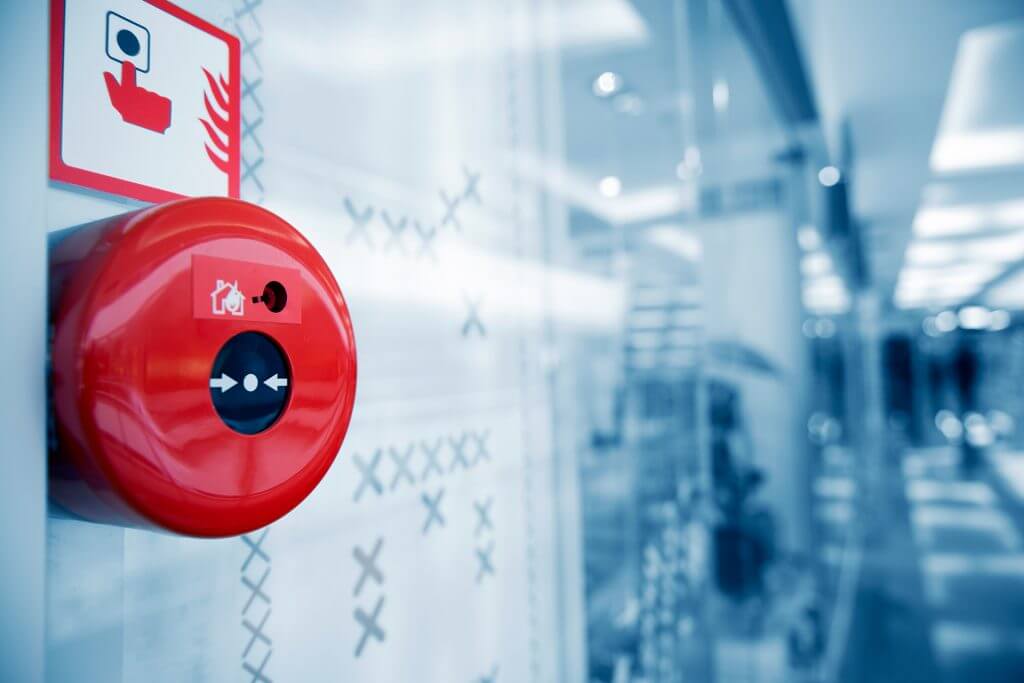Do you want to protect yourself from cyber-crime? No one is secure from online identity theft and webcam hackers. The offenses and crimes committed via the Internet are legions. To defend this cybercrime, technical protections are far from sufficient. International cooperation and the mobilization of all actors, the citizen to the state, are required. Keep reading to learn how to avoid cyber-crime.
Classic crime extends its grip by a wide range of crimes committed through the Internet. Scams, fraud, extortion, abuse, espionage, vandalism, conflict, harassment, etc. are the terms that can now append cyber prefix. Cybercrime thus covers any illegal or irregular activity carried out through cyberspace.
Today we increasingly often confronted with computer hacking. Such as hacking of CCleaner and AdBlock software in 2017.
The information and communications technology have also become targets of crime (theft of computers or data, hijacked computer resources) or mean to commit illegal actions (blackmail, embezzlement, money laundering). Let’s discuss how you can protect yourself from cyber-crime.
1. Update your computer with the latest updates available
The best way to prevent hacking is to update your computer with the latest fixes available. This will prevent hackers from slipping into software flaws. Don’t hesitate to allow your computer to install updates automatically, so you won’t have to think about it.
For maximum protection, it is imperative to take an inventory of the various systems used to anticipate future updates. Similarly, it is recommended not to multiply the different versions of the same software within the company in order not to complicate monitoring.
2. Train and inform users
Many people in a company have access to the operating system, such as Networks or security administrators. Moreover, it’s access is not only present on IT developers, project managers, but also more simply employees or external service providers. So many collaborators to be able to create breaches in the system, even inadvertently.
3. Choose strong passwords
Protecting yourself against cybercrime involves simple reflexes, starting with effective choices of passwords. For additional security and making piracy the precious sesame more complicated, opt for unique and different passwords for each account or device. Likewise, do not choose one that is too obvious (type “admin” or “company name + year”). Use various characters: spaces, capital letters, numbers, and symbols to robust your password.
4. Protect your computer with security software
The two essential security software is antivirus and firewall. A firewall controls the exchanges between your computer and the web. Antivirus software protects the computer against viruses, Trojans, and all other malicious programs. The antivirus also monitors fraudulent emails and Internet browsing. Even if there are paid antiviruses, you can easily find a free antivirus. The best known is Norton Anti-Virus.
Keep your antivirus software up to date. However, don’t imagine that it will protect you from everything.
5. Back up files regularly
In the event of hacking or computer viruses, it is sometimes necessary to delete all infected programs and data. It becomes cumbersome if you haven’t made arrangements beforehand. One of the keys to proper protection against cybercrime is to back up all your relevant data to external devices regularly.
It is always the most beneficial solution to the external hard drive. Do not hesitate to regularly copy your data, so as not to lose it if your computer catches a virus.
6. Encrypt your data
Keeping or sending important files: hackers can easily recover poorly protected data on the Internet. For more security, it is crucial to encrypt your data. Especially those that have to pass through the web. Besides, to be an effective method, encryption has the advantage of being fairly simple and within reach of all users.
7. Standardize your mobile devices
Telecommuting is growing progressively. Similarly, many employees are required to travel frequently as part of their work, taking with them the company’s devices. Laptops, phones, tablets…! If, apparently, it does not present any danger, it is better to trivialize these devices. More concretely, we must avoid, for example, a sticker with the image of the company on it. So as not to attract attention and, above all, avoid indiscretions.
8. Protect personal information
Today, it is often mandatory to give personal information. Such as a postal address, email address, bank details, and other information, especially when shopping on the Internet.
Beware of fraudulent emails that almost resemble real emails from your bank, tax authorities, telephone operators, or others. If the spelling mistakes, strange turns of phrase are visible in the email, do not click on it and do not give your personal information. Is any doubt remain? Contact the sender of the email body.
9. Avoid malicious websites.
Type the URL address directly into the browser bar rather than clicking on the address in an email. The address of a secure website begins with https and not HTTP. This is the case for bank websites.
Create a password that is difficult to guess. Passwords mixing upper and lower case, numbers and symbols will be more difficult for hackers to decrypt. Do not use the same password for each online account.
10. Don’t tell everything on the web
Avoid photos showing the license plate of your vehicle. Do not put your vacation dates online, address, or telephone number, whether on blogs or social networks. Many people can access this data, especially cybercriminals, who will not hesitate to use it.
If you know any other tip to secure yourself from cyber-crime, share with us in a comment.
To know more, Click here!






